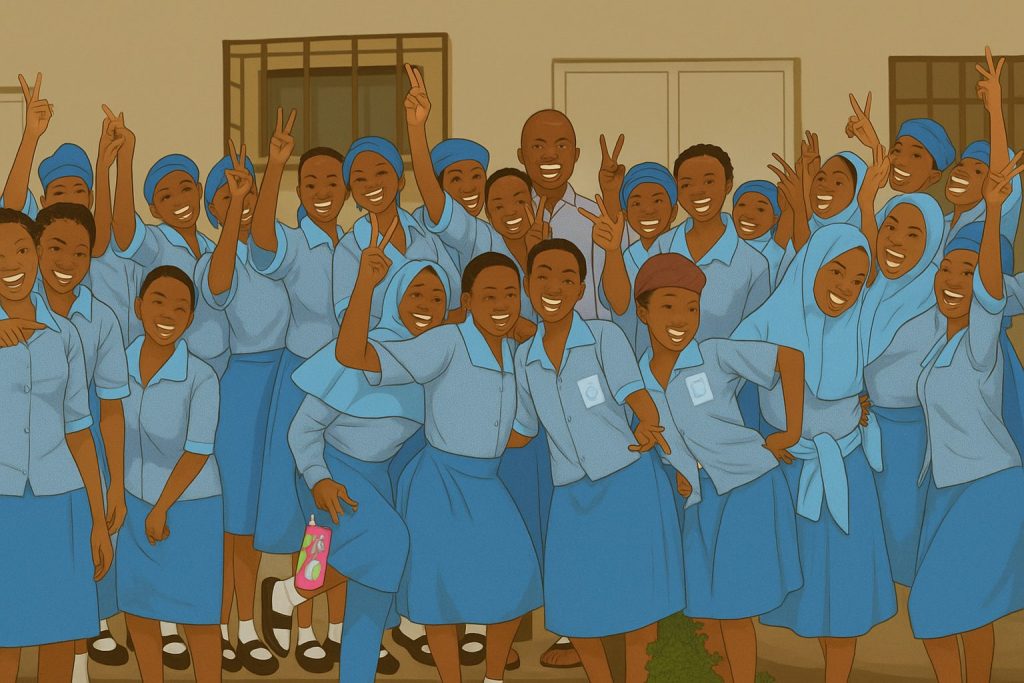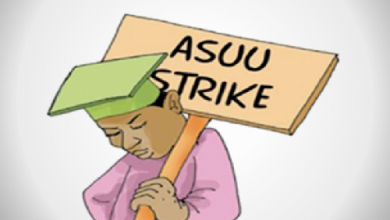Kebbi Records 20% Drop in School Dropout Rate Among Girls, Says NANS
NANS has commended Kebbi State for its progress in girls’ education through the AGILE project.
The student body said over 20,000 girls have benefited, reducing dropout rates statewide.
The National Association of Nigerian Students (NANS) has praised the Kebbi State government for recording significant progress in promoting girls’ education through the Adolescent Girls Initiative for Learning and Empowerment (AGILE) program.

In a statement issued on Sunday, the NANS National Sports Director, Comrade Haruna Tijjani, said that over 20,000 schoolgirls in Kebbi State had benefited from financial support under the AGILE scheme, leading to a 20 percent reduction in the number of girls dropping out of school.
The AGILE project, supported by the World Bank and coordinated by the Federal Ministry of Education through its National Project Coordinating Unit, is designed to expand educational access for adolescent girls. The initiative focuses on improving school infrastructure, offering conditional cash transfers to families, promoting positive social norms around girls’ education, and providing essential life, digital, and vocational skills.
The project is currently operational in 18 states, including seven original states: Borno, Ekiti, Kaduna, Kano, Katsina, Kebbi, and Plateau, and eleven others such as Adamawa, Bauchi, Gombe, Kogi, Jigawa, Kwara, Yobe, Niger, Nasarawa, Zamfara, and Sokoto under an expanded phase.
Tijjani commended Kebbi’s State Project Coordinator, Alhaji Aliyu Haido, describing AGILE as one of the most impactful education projects in northern Nigeria. He noted that under Haido’s supervision, the state had witnessed remarkable progress in improving educational facilities and opportunities for young girls.
“In Kebbi State, the project is already changing lives,” Tijjani said. “A total of 303 schools have been upgraded, while 1,387 classrooms have been completed, with 1,339 renovated and 48 newly constructed. Over 7,000 additional projects such as fences, hostels, staff quarters, multipurpose halls, and skills centres have also been completed across the 21 local government areas.”
He added that more than 40,000 classroom furniture sets had been distributed, while 1,336 Water, Sanitation and Hygiene (WASH) facilities, including toilets and boreholes, had been provided. Construction is also ongoing for 30 new junior secondary schools and 18 senior secondary schools. In addition, 75 primary schools have been upgraded to junior secondary schools, and 45 junior schools to senior secondary level.
According to him, over 20,000 girls have received financial assistance through AGILE’s conditional cash transfer scheme, and more than 2,000 teachers have been trained in gender-sensitive teaching. He said traditional rulers, religious leaders, and community figures had also been actively involved in promoting girls’ education.
Tijjani revealed that girls’ enrolment in schools has risen by 40 percent, while learning performance in Mathematics and English has improved by 30 percent. He added that dropout rates had reduced by 20 percent, describing these achievements as evidence of Kebbi’s strong commitment to education reform.
He urged other states to adopt Kebbi’s model to strengthen girls’ education, noting that the initiative would bring lasting social and economic benefits to communities across Nigeria.



